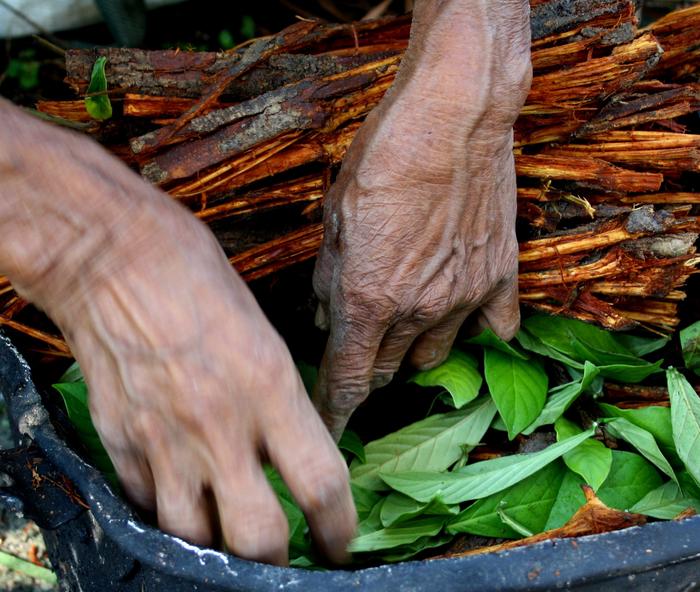Now Reading: Ayahuasca’s Psychedelic Impact: Promising Benefits, Potential Risks for Mental Health
-
01
Ayahuasca’s Psychedelic Impact: Promising Benefits, Potential Risks for Mental Health
Ayahuasca’s Psychedelic Impact: Promising Benefits, Potential Risks for Mental Health

Swift Summary:
- ayahuasca, a psychedelic originally used by Indigenous South American communities, has gained popularity among celebrities and mental health-focused users.
- Studies indicate that ayahuasca’s effects on mental health vary significantly based on individual factors and the surroundings in which it is indeed consumed.
- An earlier survey involving 10,836 participants found over half experienced adverse effects such as depression, hallucinations, and disconnection after use. Though, some ultimately benefited long-term despite initial negative experiences.
- A new study analyzed data from 5,400 survey participants to pinpoint conditions leading to positive or negative outcomes. Among these participants:
– 14.2% had prior anxiety disorders.
– 19.7% had depressive disorders.
- Key findings suggest the importance of supportive environments with experienced facilitators to improve outcomes for individuals seeking healing through ayahuasca.
- Researchers recommend further studies in group settings while assigning guidance for those with pre-existing mental health issues.
Read More: Peyote vs. Ayahuasca: What Is the Difference?
Indian Opinion Analysis:
The growing interest in psychedelics like ayahuasca represents broader shifts in approaches toward treating mental health globally-a topic relevant to India’s evolving healthcare landscape as well. These studies underline that while option treatments may hold promise for certain conditions (e.g., anxiety and depression), their effectiveness can depend highly on contextual factors such as preparation, environment quality during ingestion, and oversight by learned practitioners.
For India-where traditional medicine systems such as Ayurveda are deeply rooted-integrating unconventional therapies like psychedelics into regulated practices might spur public debate due to cultural sensitivities around substance use. Future discourse could focus on ensuring ethical frameworks before experimenting with these treatments within Indian clinical or therapeutic contexts.
India should closely monitor global research trends while emphasizing safety protocols for vulnerable populations should any policy reforms be considered regarding experimental medicines like ayahuasca.
Read More: Psychedelic Therapy Faces a Need For Higher Standards























